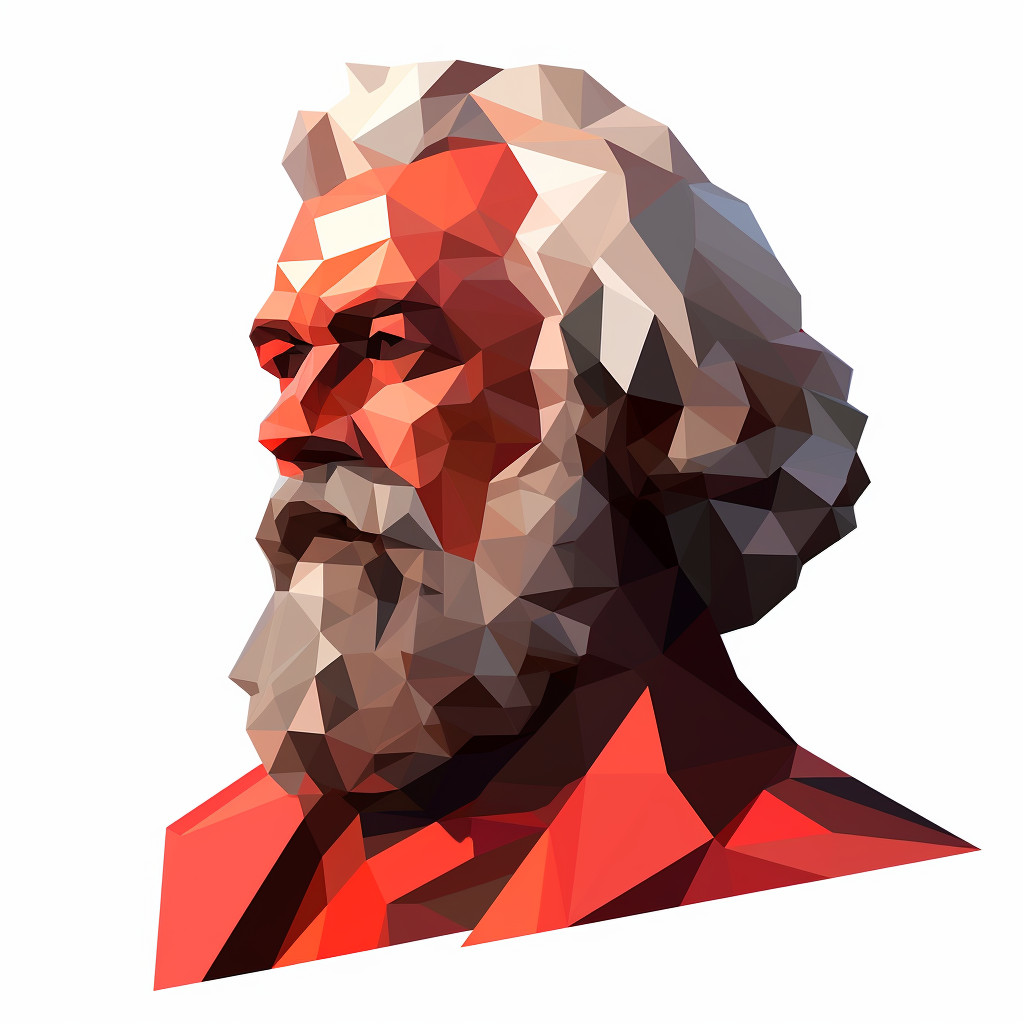This quote suggests that the awareness and understanding of history, or the past, can be an oppressive force on the minds of those who are alive in the present. The past, with its mistakes, tragedies, and injustices, can be a heavy burden to bear, much like a nightmare that haunts one’s thoughts. This could be because of guilt, regret, or the fear of repeating past mistakes. The past can also be a source of constraints, as societal structures and norms are often inherited from the past, and can limit our thinking and actions in the present.
Marx’s quote also alludes to the concept that we are not just shaped by our own personal pasts, but also by the collective past of our societies and cultures. The weight of this collective past can be oppressive, as it can shape our identities, beliefs, and actions in ways that we may not even be conscious of.
Applying this idea to today’s world, one could argue that many of the issues we face are due to the weight of our collective past. For example, systemic racism is a result of historical injustices that continue to weigh heavily on society. Similarly, gender inequality has roots in historical norms and beliefs that continue to shape our attitudes and behaviors.
In terms of personal development, this quote could be interpreted as a reminder to not let our past limit our potential. While it’s important to learn from our past mistakes and experiences, we shouldn’t let them define us or hold us back. We should strive to break free from the constraints of our past and continuously seek growth and improvement. However, it’s also crucial to acknowledge and understand our past, as it can provide valuable lessons and insights for our personal development.





